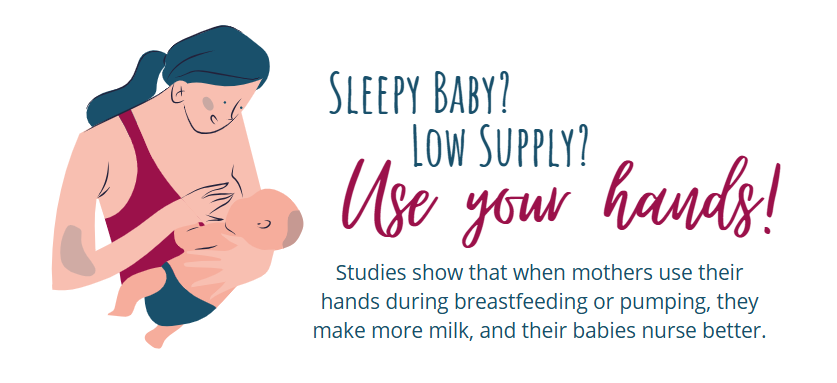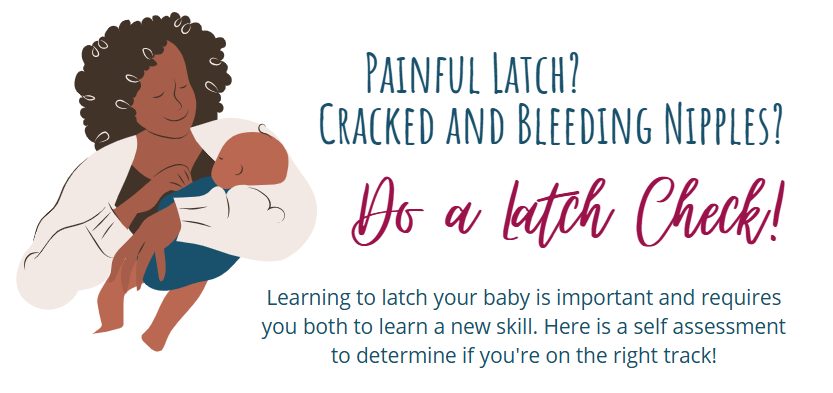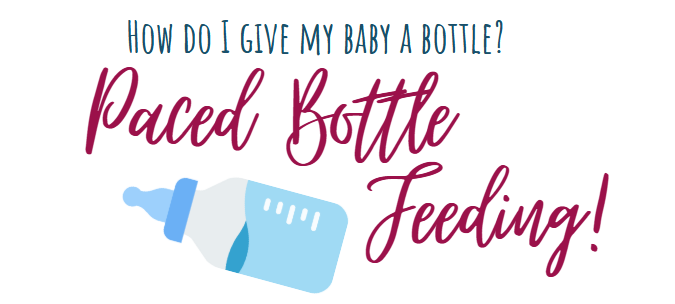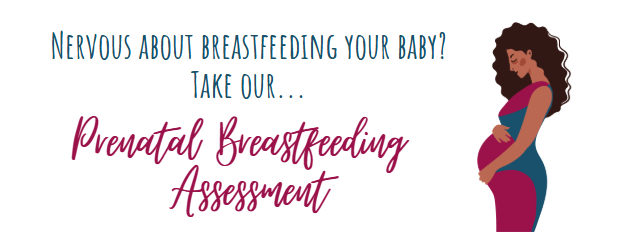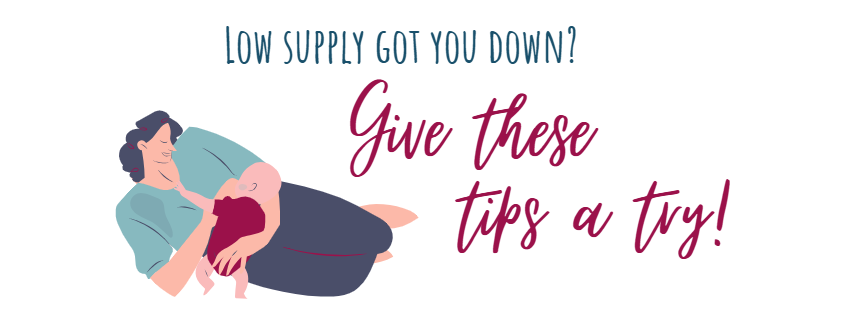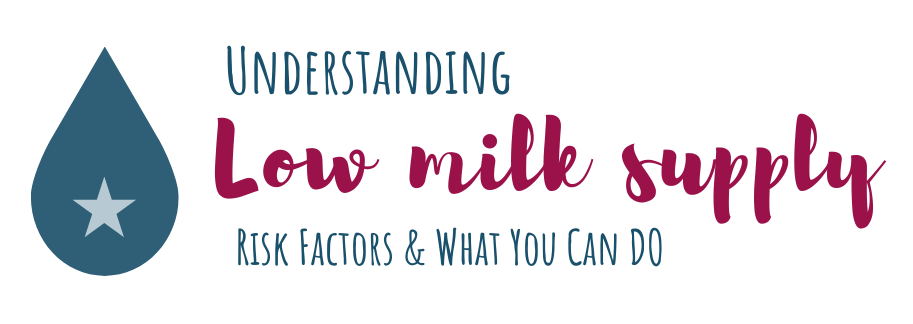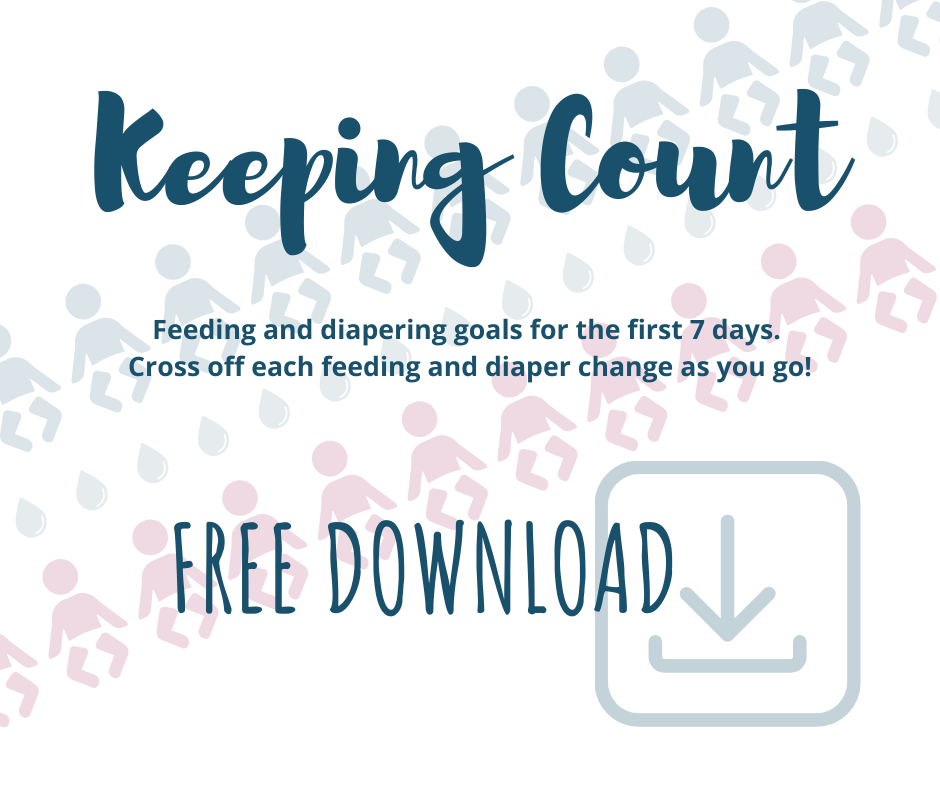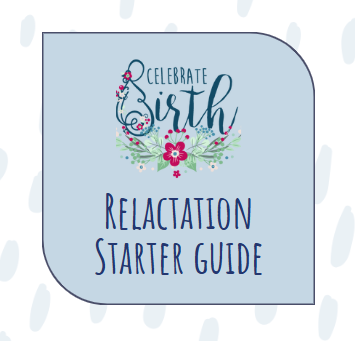Resources
Resources
Online Resources
PREGNANCY & BIRTH
Spinning Babies – Exercises and Information for Optimal Fetal Positioning
ICAN – International Cesarean Awareness Network
VBAC Facts (Vaginal Birth After Cesarean)
Evidence Based Birth
Postpartum Progress
Options for Women
SAFE MEDICATIONS
InfantRisk Center MommyMeds app
National Library of Medicine LactMed Database
LactMed App
BREASTFEEDING
La Leche League International
KellyMom – Breastfeeding and Parenting
Women’sHealth.gov
Breastfeeding Laws by State
Infant Risk Center: Medications during pregnancy and breastfeeding
Breastfeeding After Breast Surgery
Breastfeeding an Adopted Baby
Nutrition
ACOG Prenatal Nutrition Guidelines
Dietary Supplement Fact Sheet
Cronometer App
PARENTING
Ask Dr. Sears
Attachment Parenting International
HealthyChildren.org
KidsHealth.org
Postpartum
PostpartumProgress.com: New Mom Mental Health Checklist
Postpartum.net: Provider Directory
PostpartumMen.com: Assessment for Paternal Postnatal Depression
Birth Kit
Celebrate Birth clients who are choosing to deliver at home or at our birth center must purchase their birth kit no later than their 36th week of pregnancy. This kit contains all of the disposable, one-time use supplies the midwives will need at your birth. You may add other supplies from the In His Hands website to your kit but please do not remove anything from the kit in your online order. For home birth clients who are choosing to use our inflatable birth tub, you will need to add a birth tub liner to your order.
postpartum planner
A postpartum guide to help you THRIVE in the first few months after your baby has arrived! This digital download includes 14 pages of information and ideas on how to make the transition to life at home with a newborn as easy as possible. You’ll be led through the major aspects of postpartum life in a clear and concise way, helping you care for your baby AND for yourself during the first few months after the birth. We cover postpartum nutrition, mental health and wellness, how to soothe a fussy baby, how to establish healthy sleep habits, and more!

Lending Library
We have quite a varied and extensive library of books to lend to our clients, free of charge. Books on pregnancy nutrition and special diets, your pregnancy week-by-week, natural childbirth, having a baby young or late in life, planning for your birth and avoiding a miscarriage or cesarean section, breastfeeding, newborn care, postpartum depression, adoption, fertility, parenting, meditations and prayers for mothers, advice for fathers, general health and well-being of mothers and children, and lots and lots of baby name ideas!
The next time you’re in our office, feel free to browse the library and borrow a book or two!
FAQ
Answers to commonly asked questions from prospective clients
What is a Licensed Midwife?
Midwives are trained and experienced professionals that care for low-risk, healthy women in pregnancy and childbirth. A Licensed Midwife in Florida has graduated from a three-year academic program, completed eight semesters of clinical internship, attended 75 deliveries (personally managing 50 of them) prior to licensure, and has passed the state board exam. Midwives are autonomous maternity care providers who also work collaboratively with physicians to offer childbirth services in the client’s home, in a birth center, or in a hospital setting. For more information about our staff midwives, please view the About Us section.
Who is eligible for midwifery care?
Most women experiencing a healthy pregnancy and expecting a normal delivery are eligible for midwifery care. During your first appointment, we will discuss your current health and your medical history to determine your specific needs during your pregnancy. (If you have diabetes, high blood pressure, epilepsy, a bleeding disorder, take medications for psychiatric issues, or have had a prior cesarean section, you may not eligible for a birth center birth.) Once accepted into care, at your first visit we will conduct a complete physical exam and perform lab testing to verify your health. The midwife will continue to monitor your well-being throughout your pregnancy to prepare for an optimal birth experience.
When should I begin prenatal care?
Prenatal care should begin as soon as possible, ideally in the first trimester (before the 13th week of pregnancy). Early care is to your advantage; the midwife can assist you with nutritional counseling and offer suggestions for easing common discomforts, helping to make your pregnancy easier. We can usually hear your baby’s heartbeat around 10-11 weeks gestation (that is 10-11 weeks after your last menstrual period), and many women schedule their first appointment to be held right around this time. We are happy to see you earlier, however, if you are having any difficulties with the pregnancy or if you need early hormone level monitoring.
Will I need an Obstetrician along with my Midwife?
No; Licensed Midwives offer complete prenatal care and lab testing. You will be referred to an obstetrician if any situation arises that requires obstetrical care or consultation.
Is it safe to deliver out of the hospital?
Research studies have shown that a planned, out-of- hospital birth with a midwife leads to fewer interventions and complications for both the mother and the baby. The chances of having a cesarean birth are greatly reduced out of the hospital (6-7% compared to 32.6% at our local hospital). Your baby will not be forcefully pulled out by forceps or vacuum suction or subjected to unnecessary tests and exams, which very often happens in hospital births. It has been proven that being confined to a bed with continuous fetal monitoring, artificially breaking the waters, and a routine use of Pitocin and epidurals cause the majority of complications related to childbirth in the hospital. Avoiding these unnecessary interventions will only aid you in achieving a safe and uncomplicated delivery. Normally, birth IS uncomplicated and does not require any intervention at all.
Do you offer pain medication?
Because IV pain medicines and epidurals carry a risk of harm to you and your baby, it is not safe to use these methods of pain relief outside of the hospital. However, we have many other techniques to help reduce your pain and keep you as comfortable as possible. At the birth center, you are able to move around freely, enjoy walks outside, eat and drink as you wish, and have whomever you’d like with you. These things make a tremendous difference in your perception of discomfort in labor. In addition to the continuous, attentive labor support provided by your caring and knowledgeable Midwife and Birth Assistant, you will also have access to a birth ball, water therapy via shower or bath, heating pads, and music, as well as herbal and homeopathic remedies. In the Labor & Delivery class you’ll attend prior to your due date, you and your partner will learn massage techniques, how visualization can aid in progression, deep breathing & relaxation techniques, and a variety of other ways you can stay calm and focused during your birth experience. Your midwives and class instructors will help you to be fully prepared for your labor and delivery.
Is water birth safe? Is it an option at the birth center?
Yes, the birth center offers two relaxing tubs for birthing in as well as an inflatable tub for homebirths. Studies have shown that water therapy during encourages relaxation, eases the discomfort of contractions, and aids in the progression of labor. Water birth is safe. Your baby has been in a water-like fluid throughout the entire pregnancy, and with a water birth your baby will be born gently into the same environment that he or she is currently in… water! Your baby will continue to receive oxygen through its umbilical cord just as he or she did before birth. The midwife will bring your baby out of the water within a few seconds after the birth and then your baby will take its first breath to fill its lungs with air.
I am due in a few weeks. Can I transfer into care?
After reviewing your pregnancy and medical history, we will determine whether a transfer is possible. If you do transfer into care, we will request your records from your previous care provider.
What are my payment options?
To register for insurance verification, please download the form below. Fill out the form and email to celebratebirth@live.com.
For more information about your financial options, give us a call today 863-680-2229
How can I reach the midwife if I have a problem during my pregnancy?
Our midwives are always available to you if you are having an urgent concern. Call our office at 863-680- 2229 and ask for the midwife on call. (In an emergency, please call 911.) For non-urgent questions or concerns, as a client you are able to access your online health record system to send a message your midwife – this is the best way to contact her during non-office hours about matters that do not require an immediate response, though you can trust that she will respond in a timely manner.
May my family and children come to prenatal visits and/or the birth?
We highly encourage family participation! Children love to be a part of prenatal exams, and especially enjoy listening to the baby’s heartbeat. Your appointments are a part of the important bonding process that takes place within a family during this special time. To help keep little ones entertained, our waiting area contains a play space with toys and children’s books, and we also offer family-friendly viewing options from Netflix and on DVD.
Regarding your birth, you can have as many people with you as you’d like. Some women like to be surrounded by family and friends, while others enjoy a private experience alone with their partner. Our facility features a lounge area where your guests can gather and make themselves comfortable. We do recommend, however, if you plan to have more than two people with you when the baby is born that you wait until very close to the birth to call everyone into the room. Having a lot of people around you during labor can make you feel pressured and will likely slow down your progress. If you would like to have your children present, we encourage you to prepare for them ahead of time by designating a support person specifically to care for them while you are in labor so you may focus solely on the task at hand.
What do I bring to the Birth Center when I am in labor?
Prior to your birth, the midwife will give you a detailed list of items you will need to bring with you to the birth center. This list includes your birth kit, toiletries, a change of clothes for both you and your partner, as well as clothes and diapers for the baby. You are encouraged to bring whatever food or drink you would like to consume during your labor. You’ll also need to have the baby’s car seat safely installed in your car prior to leaving the birth center.
How will my baby be monitored during labor?
The midwife will periodically monitor you and your baby throughout the labor and delivery. Monitoring the baby during labor is important to the safety of your birth, but we want you to be mobile and to choose whatever positions you feel most comfortable in – for this reason we do not use continuous fetal monitoring devices which would require you to stay still in one particular position for an extended period of time. Our Doppler is waterproof and portable and we can listen to your baby wherever you are, whether you are relaxing in the tub or shower, walking, kneeling… whichever position you choose.
May I take pictures and/or videotape?
You are welcome to take whatever pictures or video you would like. We recommend that you decide ahead of time which moments you would like to capture and that you designate a specific person (other than your partner) to handle that duty.
What if something goes wrong?
Healthy women with normal pregnancies generally stay healthy and have normal births. Most problems that develop during pregnancy or birth have clear warning signs well ahead of time, and we can calmly plan for preventing or managing most problems.
We often hear the question of, what would happen if the umbilical cord was wrapped around the baby’s neck? Actually, this is a rather common occurrence and not an emergency. One-third of all babies are born with the cord around their neck and rarely does this indicate a problem. During labor, the midwife will be listening to your baby’s heartrate during some of your contractions to see if there are any signs of a cord problem. Once your baby’s head is born, the midwife will feel around its neck to see if a cord is present. If the cord is around the neck, then the midwife will either slip the cord over the baby’s head or will birth the baby’s body through the loop of the cord. If the cord is extremely tight, it can be clamped and cut, but that’s usually not necessary.
Our midwives are highly trained, experienced, and able to quickly identify and manage any situations which are outside the normal spectrum of pregnancy and birth. At Celebrate Birth, all of the midwives and birth assistants are certified in CPR and Neonatal Resuscitation and are trained to deal with emergency situations. We have oxygen, IV supplies and antibiotics, suturing tools and lidocaine, and several medications which can be used to stop hemorrhaging. If there is a need to go to the hospital, we are located less than two miles from Lakeland Regional Health. If a hospital transfer becomes necessary, your records will be electronically sent over and your Midwife will accompany you to the hospital where you can receive the obstetrical care that you require.
What if I tear during the delivery?
We work hard to prevent and minimize tearing. We do this by encouraging good nutrition during pregnancy, softening the tissues with oil and/or a warm bath, and offering perineal support with hot compresses. Your midwife will teach you how to push so that you will ease the baby out in a slow, controlled manner. If needed, the midwife is trained to cut an episiotomy; however, this is rarely necessary. If you do need stitches to repair a tear, the midwife will suture after the birth with local anesthesia.
How do I obtain a birth certificate and social security card for my baby?
We will submit the necessary information to the state of Florida to file for the birth certificate. To obtain a copy, you may apply online here or you will need to contact the Vital Statistics office located at 3241 Lakeland Hills Blvd, Lakeland, FL 33805 and pay a small fee per copy. Your baby’s social security card will automatically be mailed to you within 4-6 weeks of the birth.
When will I need to choose a Pediatrician?
You will need to choose a Pediatrician prior to the baby’s birth. If you’d like, we can provide you with a list of local pediatricians to aid you in your search for one that suits your needs. It is important to confirm with your pediatrician of choice that he or she is accepting new patients and to let their office know that you would like them to be your new baby’s care provider. After your baby is born, you’ll contact the pediatrician and schedule an appointment for the baby to be seen within 48 hours.
Shortly after the birth, your midwife will complete a physical exam on your baby. She will weigh and measure your baby, and administer vitamin K and erythromycin eye ointment (if you desire). The midwife will also perform the Newborn Metabolic Screening (PKU) test on the second day after the birth, which screens for developmental, genetic, and metabolic disorders. Beyond those immediate duties, your baby will be in the care of your pediatrician.
How do I order my birth kit?
Celebrate Birth clients who are choosing to deliver at home or at our birth center must purchase their birth kit no later than their 36th week of pregnancy. This kit contains all of the disposable, one-time use supplies the midwives will need at your birth. You may add other supplies from the In His Hands website to your kit but please do not remove anything from the kit in your online order. For home birth clients who are choosing to use our inflatable birth tub, you will need to add a birth tub liner to your order. https://www.inhishands.com/celebrate-birth-florida-custom-birth-kit/
For additional information beyond what is covered below, please give us a call: 863-680- 2229.
We look forward to speaking with you!
Contact Us
We'd love to meet you!
Give us a call to set up a tour of our birth center
or stop by and see us at our clinic office at The Nest:3838 Lakeland Hills Blvd
We'd love to meet you!
Give us a call to set up a tour of our birth center
or stop by and see us at our clinic office at The Nest:3838 Lakeland Hills Blvd
863-680-2229
fax 888-299-6337

